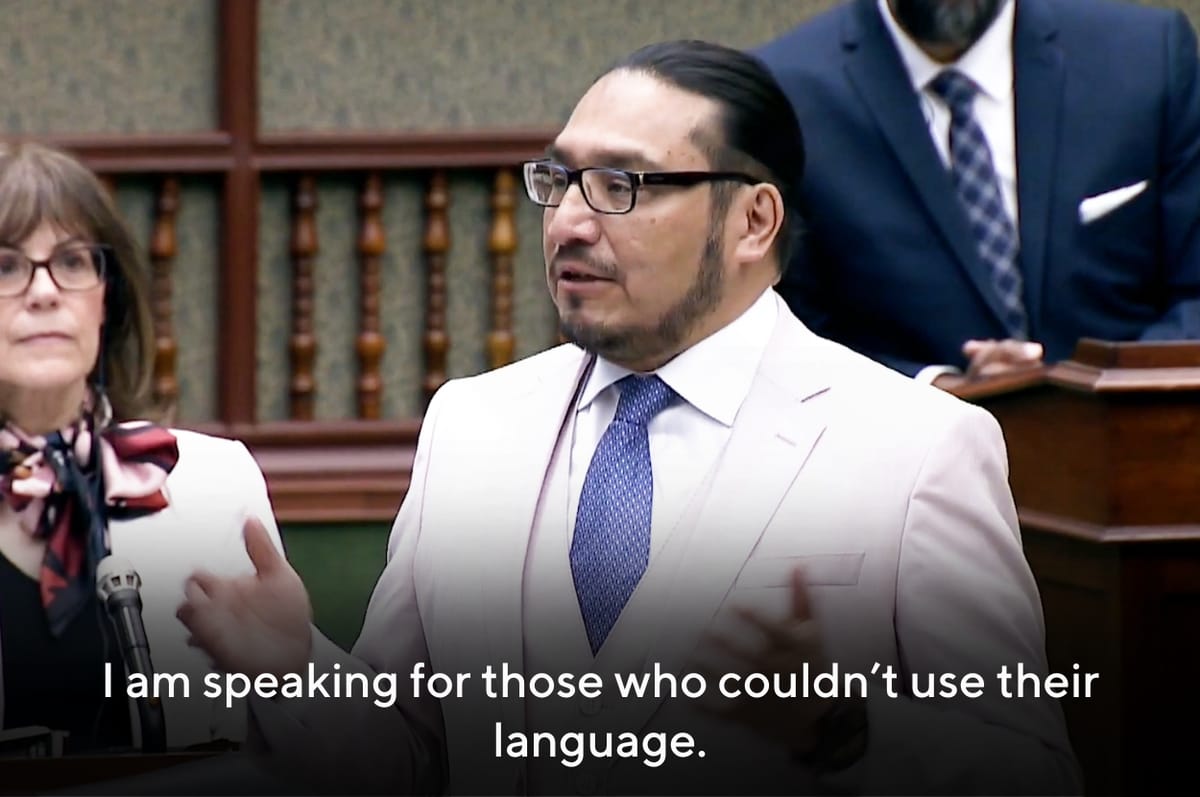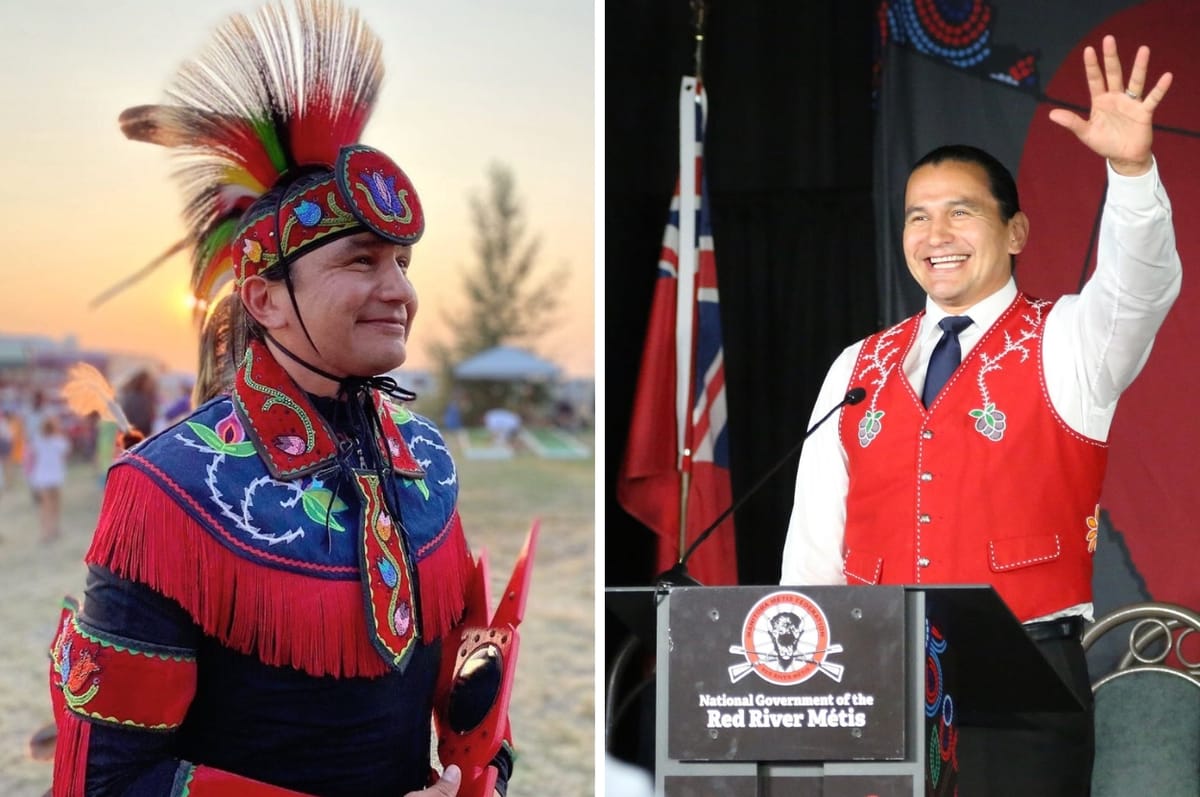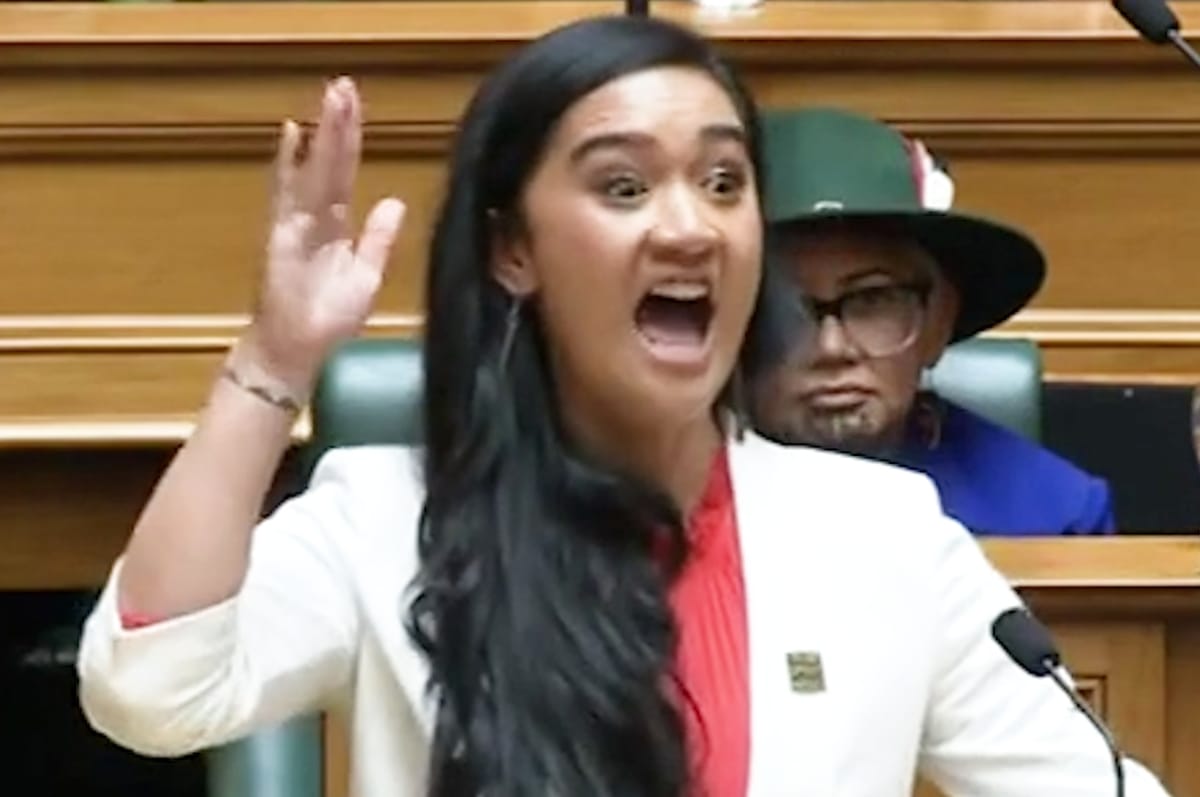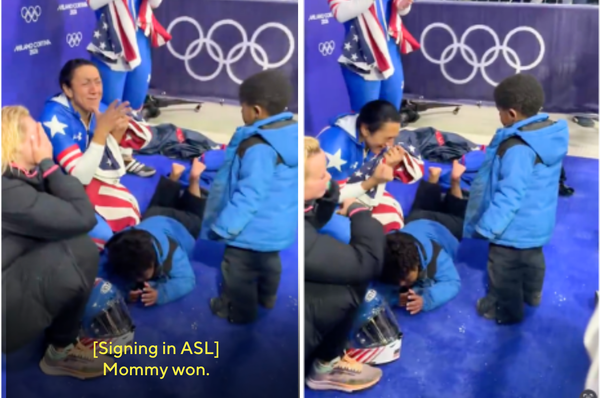This Canadian Lawmaker Has Become The First To Address The Parliament In An Indigenous Language
This was the first time when a language other than English and French was officially acknowledged and allowed for use within the legislative chamber.

In a historic moment, Sol Mamakwa, a First Nations lawmaker, delivered a speech in Canada’s Ontario Legislature in his native Indigenous language, Anishininiimowin, also known as Oji-Cree.
Before addressing the house on Tuesday, May 28, Mamakwa sought unanimous consent from the assembly to speak in Anishininiimowin at length for 10 minutes, as scores of First Nations leaders, family members, friends, and colleagues erupted into roars of applause.
This was the first time when a language other than English and French was officially acknowledged and allowed for use within the legislative chamber.
Mamakwa had successfully fought for the Ontario parliament to to revise its rules in March to allow lawmakers to use an Indigenous language spoken in Canada when addressing the chamber, rather than just English or French
Similarly, earlier in 2019, Canada's parliament changed its rules to permit lawmakers to address their colleagues in an Indigenous language, provided they give two days' notice to request translation services.
Mamakwa began his speech by thanking everyone present for giving him the opportunity to speak in his Indigenous language in the legislature.
“I am speaking for those that couldn’t use our language and also for those people from Kiiwetinoong, not only those from Kiiwetinoong, but for every Indigenous person in Ontario,” he said,adding that the Indigenous language was becoming extinct as the government, decades ago, prohibited everyone from speaking Oji-Cree.
“The language was taken from us by the arrival of the settlers, colonization, and residential schools. This history removed the children from our ways of life,” Mamakwa, a New Democratic Party member, said.
The Ontario MPP also recalled how children’s mouths were washed with soap, and they were given manual labor as punishment for speaking their native language.
He said that he is able to speak a First Nations language only because his mother would take him out into the “wilderness and on to the land, teaching me the language.”
Mamakwa's mother, Kezia, who does not speak English, was also present in the house.
She was honored with a standing ovation by the assembly after Mamakwa mentioned in his speech that it was her 79th birthday that day.
“When we speak our own language, it’s like we’re one with the land. There is a strength in speaking our language – it’s like a healing medicine,” Mamakwa said.
Mamakwa also said that he hopes all other provincial legislatures would adopt Ontario’s rules to allow lawmakers to use Indigenous languages.
While close to two million Canadians identify as Indigenous, a government committee found that only approximately 260,000 individuals are fluent in Indigenous languages
For years, government policies, including those forcibly separating children from their families and placing them in residential schools, led to many Indigenous communities to lose their culture and languages, The Guardian reported.
Of the 58 unique Indigenous languages spoken across the nation, an increasing number are facing the threat of extinction, according to the findings.
You Might Also Like







